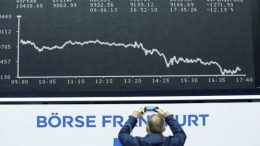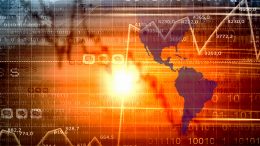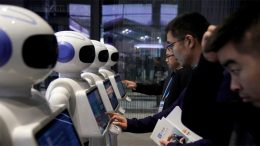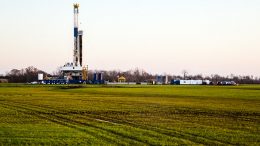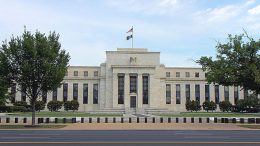How Did The Economy React After The Other Two Major Stock Market Crashes In History?
M&G Valores | Investors are facing great uncertainty about the economy. Chinese economic indicators for February show a depression-like drop in activity: retail sales fell by 20% y-o-y in February compared with normal growth of 10%; industrial production fell by 13%. Even in the crisis of 2008-09 it had not been negative. This is what we will most probably start to see in Europe soon. Obviously, this does not mean that we are heading towards a Great Depression.

